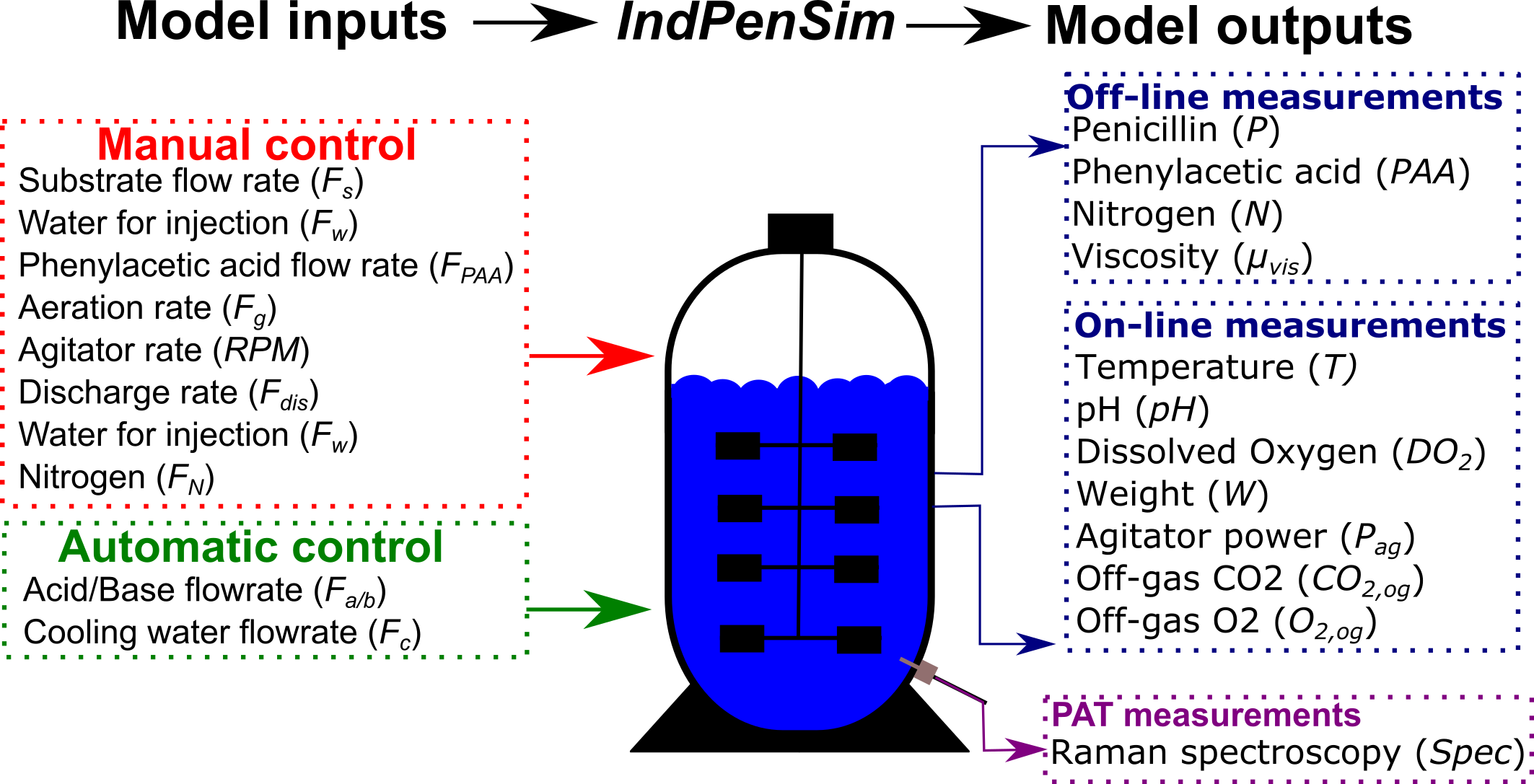Project in collaboration with..
Project supported by the Engineering Doctorate programme at the Biopharmaceutical Bioprocessing Technology Centre at Newcastle University, in part funded by Perceptive Engineering Limited and affiliated with the University of Manchester and University College London.





